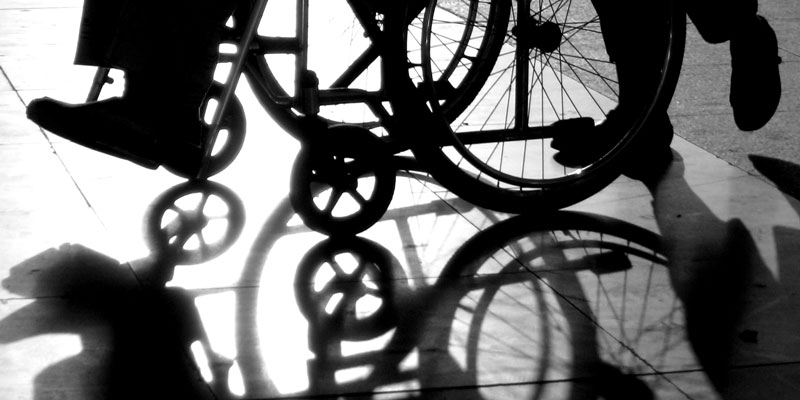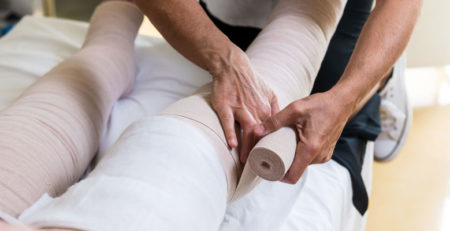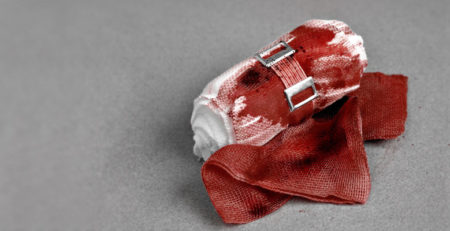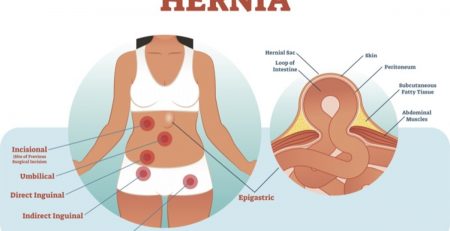Plan Ahead for a Smooth Transition from Hospital to Home
Family members and caregivers play an important role in facilitating healing when a patient is discharged from the hospital and can go home. This task can be daunting, as it often requires specialized equipment and some modifications to the home to help the patient live comfortably and heal safely. Make a list of the things you’ll need before you leave the hospital, and prepare your home with the right equipment and supplies.
We often take things for granted in our everyday life that are troublesome for some patients. For instance, the privacy and ease of using the bathroom can be a struggle for some patients. Bathroom safety is especially important to prevent slip and fall injuries. Shower and bathtub grab bars provide stability, support, and independence when bathing or showering. In addition, bathroom-use ease and comfort are necessary for patients returning home. Equipment like toilet safety frames, seat risers, and portable commodes help support patient independence, making bathroom-use easier to manage by themselves.
Sometimes, returning home from hospitalization may bring about incontinence issues, which can be challenging and uncomfortable for patients. Issues may linger due to certain types of surgery done, side effects of medications or radiation treatments, or overall muscle weakness. Incontinence is especially difficult for family members and caregivers, requiring adjustment to work with the patient to allow their natural bodily functions flow. Discuss specific needs with patients’ healthcare provider, so you know what bodily functions you could expect. Also, prepare with our full line of personal protection products, including gloves, masks, and gowns, to keep you and your loved one safe and clean to avoid embarrassment and possible infection and disease.
Finally, mobility is often limited upon returning home, so it is essential to coordinate and see what areas of the house may need better accessibility with various mobility equipment. The hospital or rehabilitation center may sometimes provide mobility equipment for home use. A facility’s discharge planner can help determine what assistive devices would be beneficial for your patient throughout a given day, whether it’s an adjustable bed to sleep and rest, power wheelchairs to move throughout the house or neighborhood, or even walkers to aid in moving from room to room.
Providing in-home care for a family member following an inpatient stay at a hospital or rehab center can be complicated and confusing. But if you prepare yourself and your home with the right supplies and know what areas may be problematic, you’ll be ready with the right equipment and knowledge for any situation to help your patient transition back to normalcy and heal easier. For more information and to buy essential home medical equipment and supplies, contact us today!













